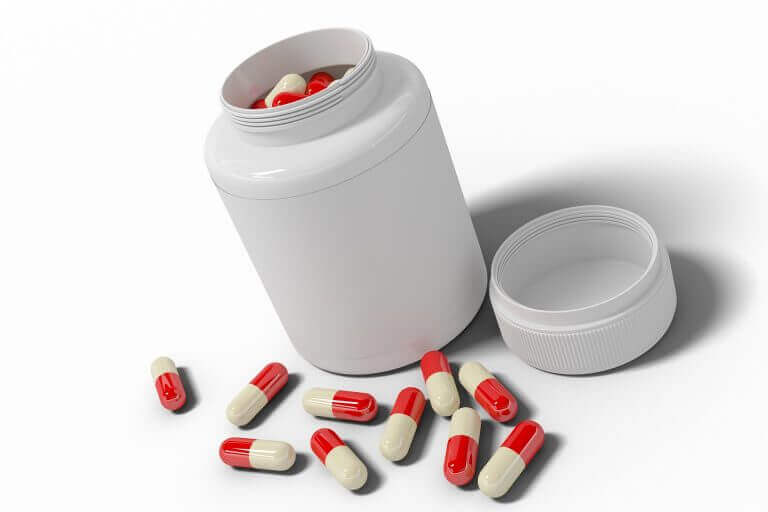In 2009, the company Eli Lilly & Co. plead guilty to illegally marketing an antipsychotic drug, Zyprexa, for unapproved uses on patients, leading to a fine of $1.42 billion. This settlement ended a series of civil lawsuits, as well as a criminal investigation. At the time this large of a settlement was unheard of, but how did the company orchestrate such a massive kickback scheme?
The Kickback Scheme
Originally, Zyprexa was approved for a very narrow use of schizophrenia and bipolar disorder, however Eli Lilly & Co. soon began to market the drug for a variety of other purposes. In fact, it was alleged that Zyprexa was eventually marketed to treat dementia, and was even prescribed for illnesses related to pediatrics in high doses. The company was also accused of overcharging for the drug. This allowed the company to target a significantly wider audience, increasing their potential profits on the drug exponentially.
Significant Damages
This practice of “off-label” marketing put thousands and thousands of patients at risk and lead to a variety of alleged health complications, including death. This would lead to numerous civil cases, which were eventually settled for about $800 million of the total fine. However, throughout the case Eli & Lilly never admitted any wrongdoing on behalf of the civil cases against them.
Resulting Charges
Although the case was settled in 2009, it began in 2004 and was led by the US attorney of the Eastern District of Pennsylvania. Prosecutors stated that Eli & Lilly Co. was able to profit millions and millions of dollars through their kickback scheme. “The company made hundreds of millions of dollars by trying to convince health care providers that Zyprexa was safe for unapproved uses,” stated US attorney, Laurie Magid. She added that the major drugmaker was, “responsible for putting thousands and thousands of patients at risk.”
Upon pleading guilty to the illegal marketing of Zyprexa, Eli & Lilly Co. was charged a total of $1.43 billion, one of the largest settlements in the history of the healthcare industry. The fine included $438 million to be paid to the federal government, $362 million to the involved states, and $615 million to end the criminal investigation. The guilty plea mainly revolved around the company’s marketing of the drug for the use of dementia due to Alzheimer’s, which was charged as a misdemeanor violation of the Food, Drug, and Cosmetic Act.
New Day, Same Fraud
While this kickback scheme was settled in 2009, the healthcare industry is still subject to crimes of this kind today. Whistleblowers and the individuals and organizations responsible for bringing these charges to fruition continue to remain detrimental to maintaining the integrity of the healthcare industry, which is designed to keep individuals safe.
To learn more about this kickback scheme or similar cases, contact Jeff Newman Law today! If you’re interested in becoming a whistleblower, take advantage of numerous resources and materials through our Whistleblower Help Center.
